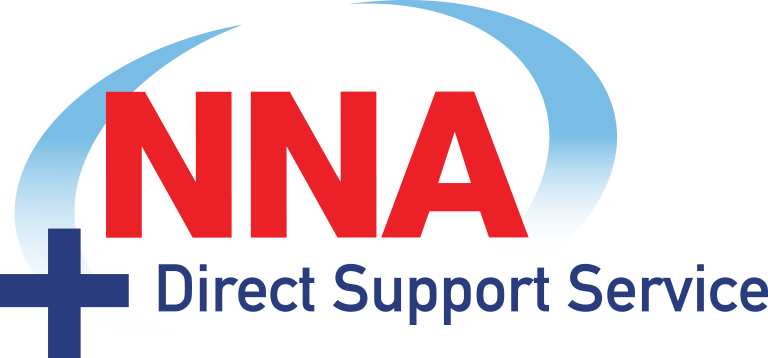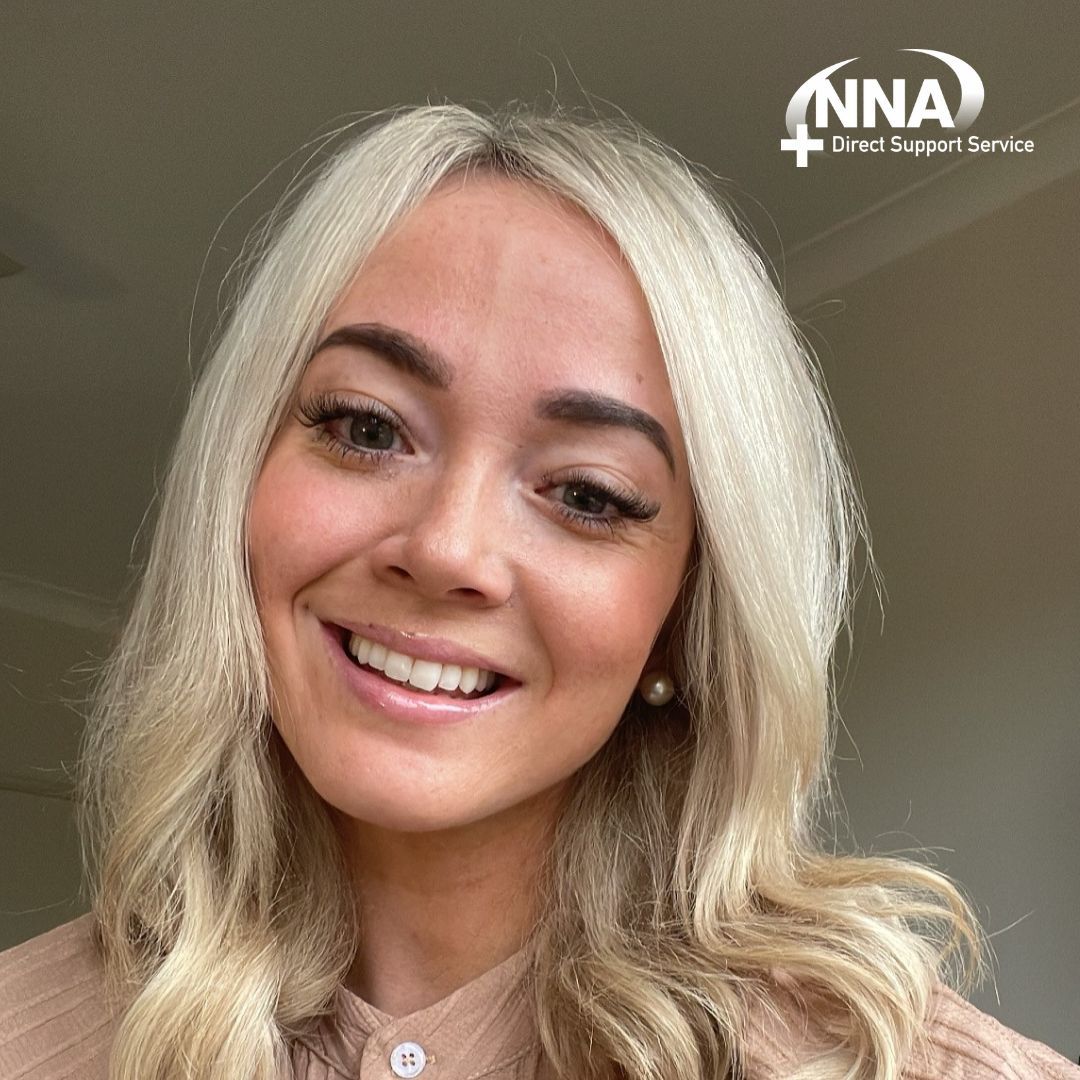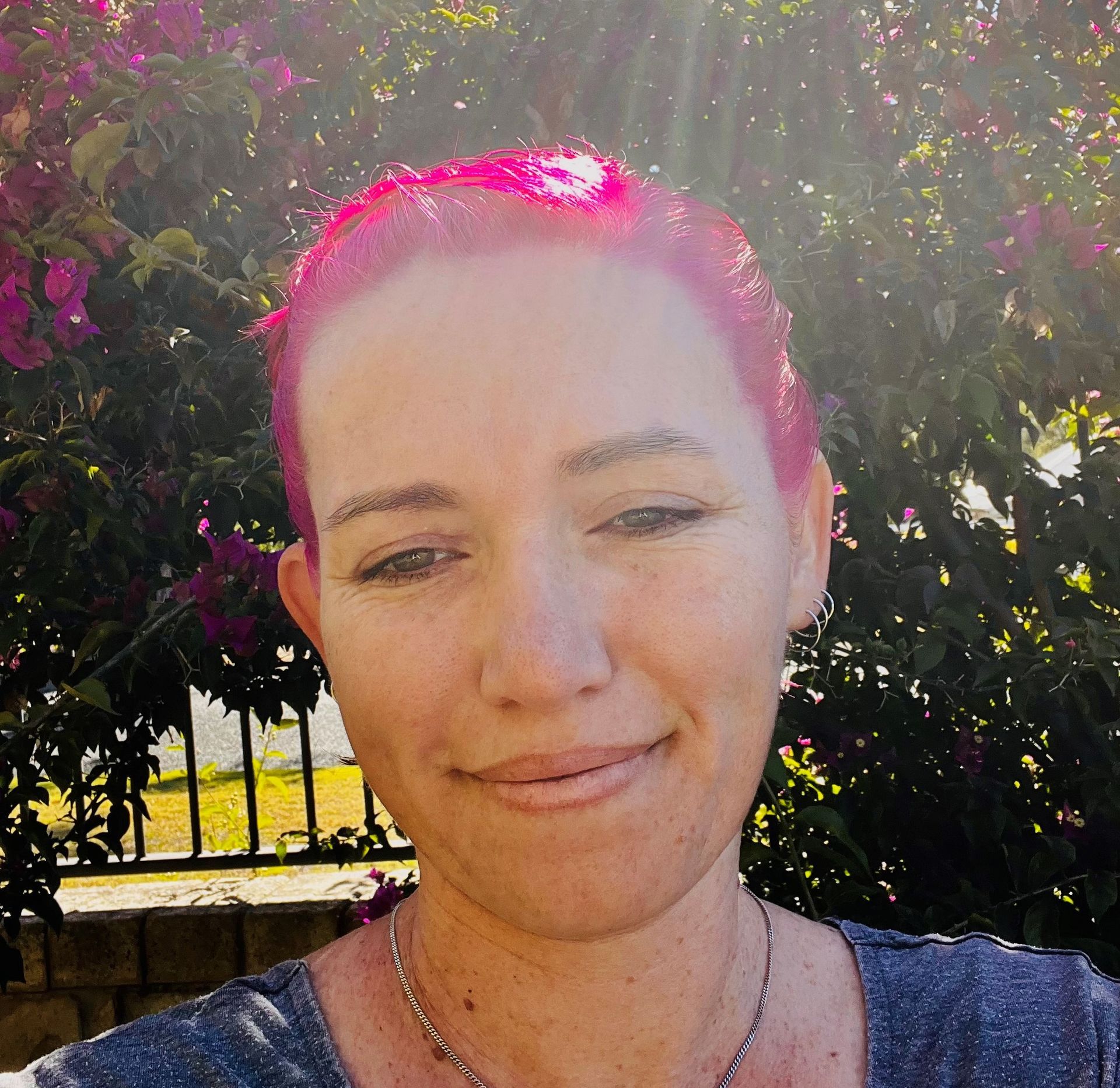We regret to inform you that NNA Direct Support Services is closing due to a new company direction.
A heartfelt thank you to our participants, business partners, and employees for your support and dedication.
Raising the Bar for Support Worker Professional Standards
Is an NDIS Worker Screening Check enough?
In recent years, there has been an unprecedented amount of attention on how care and support are provided to the most vulnerable people in our community.
As an indicator of just how important this issue is to Australians, support worker professional standards have featured prominently in no less than three recent Royal Commissions:
- Royal Commission into Violence, Abuse, Neglect and Exploitation of People with Disability (established 2019)
- Royal Commission into Aged Care Quality and Safety (established 2018); and
- Royal Commission into Defence and Veteran Suicide (currently holding public hearings)
In addition, the death of an NDIS participant in appalling circumstances in 2020 led to ‘the Robertson Review’. This review was prompted by the shocking situation of Ann-Marie Smith, who at the time was receiving services via a single support worker employed by Integrity Care SA.
We won’t recount the entire situation here. But suffice to say, the level of neglect and abuse Ms Smith experienced led to her support worker being charged with (and pleading guilty to) Manslaughter. Integrity Care SA was fined and banned from operating.
While the above events have led to some encouraging changes—most agree there is still much to be done to improve support worker standards and regulations in the disability sector.
At present, support worker professional standards are regulated by the NDIS Quality and Safeguards Commission, also known as ‘The Commission’.
Separate from the National Disability Insurance Agency (who are tasked with providing plans and coordinating services for people with disability)—The Commission’s role is to “improve the quality and safety of NDIS supports and services”.
In essence, The NDIS Quality and Safeguards Commission serves as an all-in-one industry watchdog, regulating body and quality improvement facilitator.
The Commission is in charge of producing and administering several rules, guidelines and policies, which sit within an overall Quality and Safeguarding Framework.
This framework covers areas such as:
- A Code of Conduct for all NDIS workers and providers (registered and unregistered)
- Practice Standards
- Complaints Management
- Reportable Incidents
- Worker Screening
- Quality Audits
- Protection and Disclosure of Information; and
- Behaviour Support
It is encouraging to note that the NDIS Quality and Safeguarding Framework is considered the ‘gold standard’ across care and support services in the Nation.
How do we know that?
The Australian Government is currently working on aligning regulation in the aged care, disability support and veteran’s care sectors. In their consultation paper, the regulatory alignment task force detailed a plan to use the NDIS framework as the base model for all three sectors.
This is all very promising. But as we mentioned in our article on Addressing Healthcare Disparity for Australians with Disability—Government led change in the disability sector can be slow.
NNA Direct Support Service wholeheartedly supports the existing NDIS Quality and Safeguarding Framework. But it is noteworthy, the Robertson Review pointed out there is no robust mechanism in the current framework to prevent a similar situation that led to the tragic death of Ann-Marie Smith.
Some individual States have made changes (SA being the first). Yet at a National level—reporting of critical incidents like abuse and neglect still largely relies on self-reporting.
Change is clearly required now. And we suggest agencies are in an ideal position to support their workers to lead the way.
Some strategies providers can look at implementing are:
- Facilitate continual upskilling and professional development for support workers.
- Make small bite, affordable online training more widely available.
- Utilise on the job training, such as ‘buddy shifts’, mentoring, and peer supervision between junior and more experienced support workers.
- Strike a balance between interest/personality based support worker matching and professional skills. While we agree matching clients and workers on interest and personality is important, this should never take priority over ability to adequately deliver the supports required.
- Greater support worker regulations around skills and duty of care, both at a provider and watchdog level.
- Wherever possible, have more than one regular worker providing supports to a client.
- Scheduled face to face visits of all participants by a member of the leadership team at a minimum bi-annually
Providers who adopt these changes would raise the bar for the quality and safety of supports delivered to NDIS participants.
And as an added bonus, this focus on professional development and continuous improvement, could help advance the disability support worker profession as a whole.
Here’s why…
Many professional groups in health and support services are subject to far greater skills and regulatory requirements than support workers. This is obviously an additional obligation on workers and providers. But for most industries—it came with a lot of benefits.
Industries that adopt this approach tend to see greater opportunities for career progression. A gradual expansion of roles and responsibilities. And increases in pay and recognition.
Look at the childcare industry, for example.
Over the past decade, regulations were introduced requiring centres to employ a certain proportion of staff with advanced training and qualifications. Regular onsite audits and spot checks were also introduced.
This enabled childcare professionals to have a clear pathway to work their way from what is known as an ‘unqualified’ worker—through to Certificate III, IV, and Diploma in Children’s Services. Staff can even progress to a tertiary degree in Early Childhood Teaching, with teachers now being employed at many of the larger childcare centres.
The nursing profession has had a similar evolution, albeit on a much longer timescale.
Nursing was initially a role with minimal formal training. People can now choose to enter nursing through two avenues. As an Enrolled Nurse, via a Diploma of Nursing. Or a Registered Nurse, by completing a Bachelor of Nursing, then attaining registration with the Nursing and Midwifery Board of Australia.
Even after becoming an Enrolled or Registered Nurse, there are countless opportunities to undertake further training and specialisation.
The title Clinical Nurse denotes a person who has advanced skills in a particular area. A Nurse Practitioner, is a Registered Nurse that has completed a Master’s level degree and is able to diagnose and treat people with a variety of acute or chronic health conditions.
Not every NDIS participant needs nursing care. But at NNA Direct Support Service, we use aspects of the registration and professional development framework in nursing to improve the standard of care provided by our support workers.
Just some of the things NNA Direct Support Service is doing to raise the bar for support worker professional standards include:
- Clinical Nurse-led training with the Australian Healthcare Academy for all support workers. This practical training has been developed in consultation with our Manager Nursing Services and is designed to meet the requirements of the NDIS Quality and Safeguards Commission Practice Standards. During the full day of face-to-face learning, participants undertake practical training in Duty of Care, Infection Control, Dysphagia, Peg Feeding, Personal Care, and Manual Handling.
- All staff complete a minimum 9 modules of mandatory training at commencement, through Iinduct.
- Access to traineeships and mentoring.
- Oversight by the Manager of Nursing Services for Disability Related Health tasks
- Connection with Human Services Skills Organisation, to ensure most up to date industry trends, challenges and skill pathways.
Addressing concerns about support worker professional standards is a complex issue that requires a multi-layered approach.
Our plea to all providers (and workers)—is to be proactive about change. Don’t wait until change is mandated before taking steps to raise the bar on safety and standards.
While we welcome the Government reforms currently underway, there is no guarantee the outcomes will be enough to safeguard the rights and wellbeing of NDIS participants.
Furthermore, reforms likely won’t address the need for support workers to have greater opportunities for career growth and professional development.
We urge providers and support workers to view the current state of flux in the sector as an important opportunity for growth. A chance to redefine what it means to be a support worker and set a new trajectory for the profession.
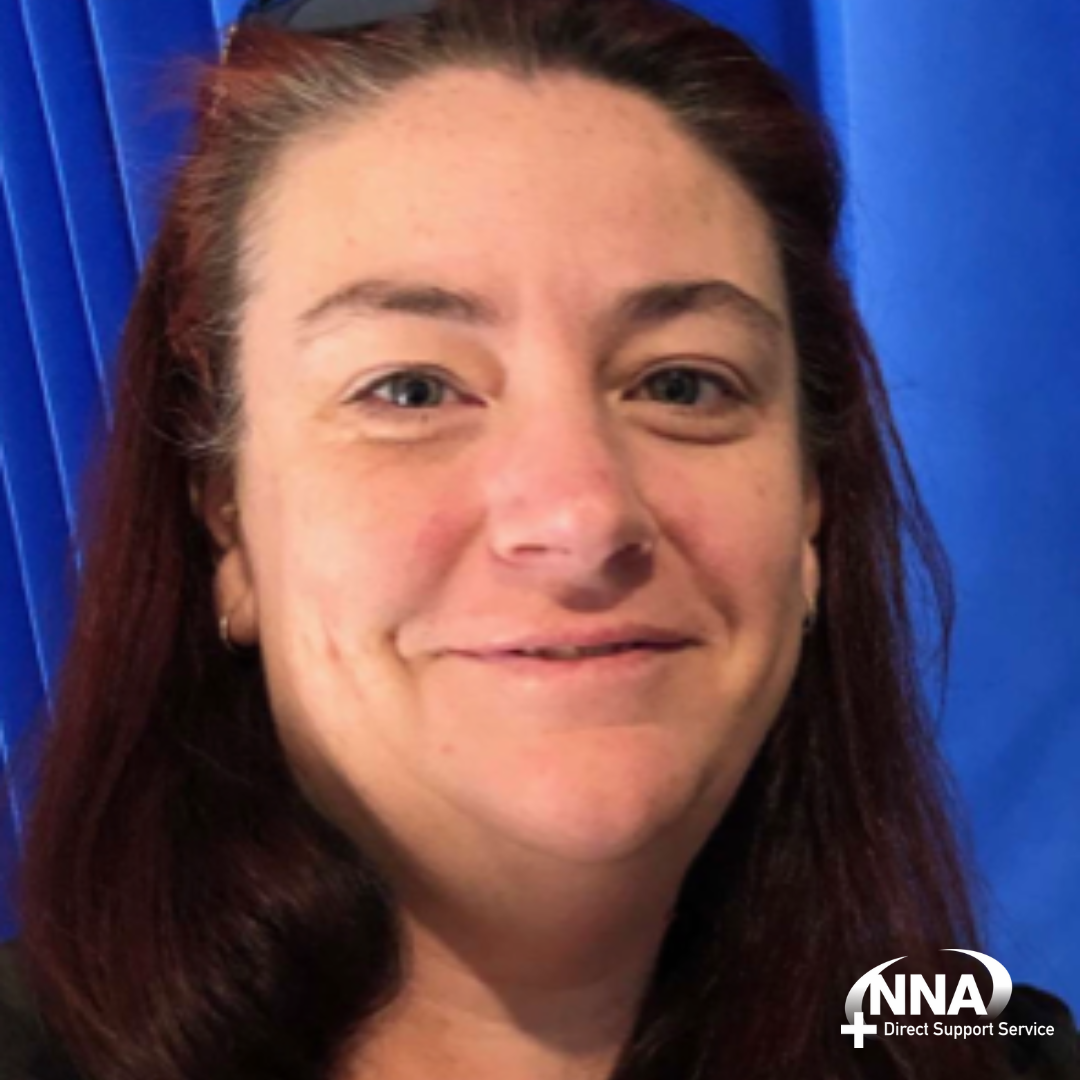
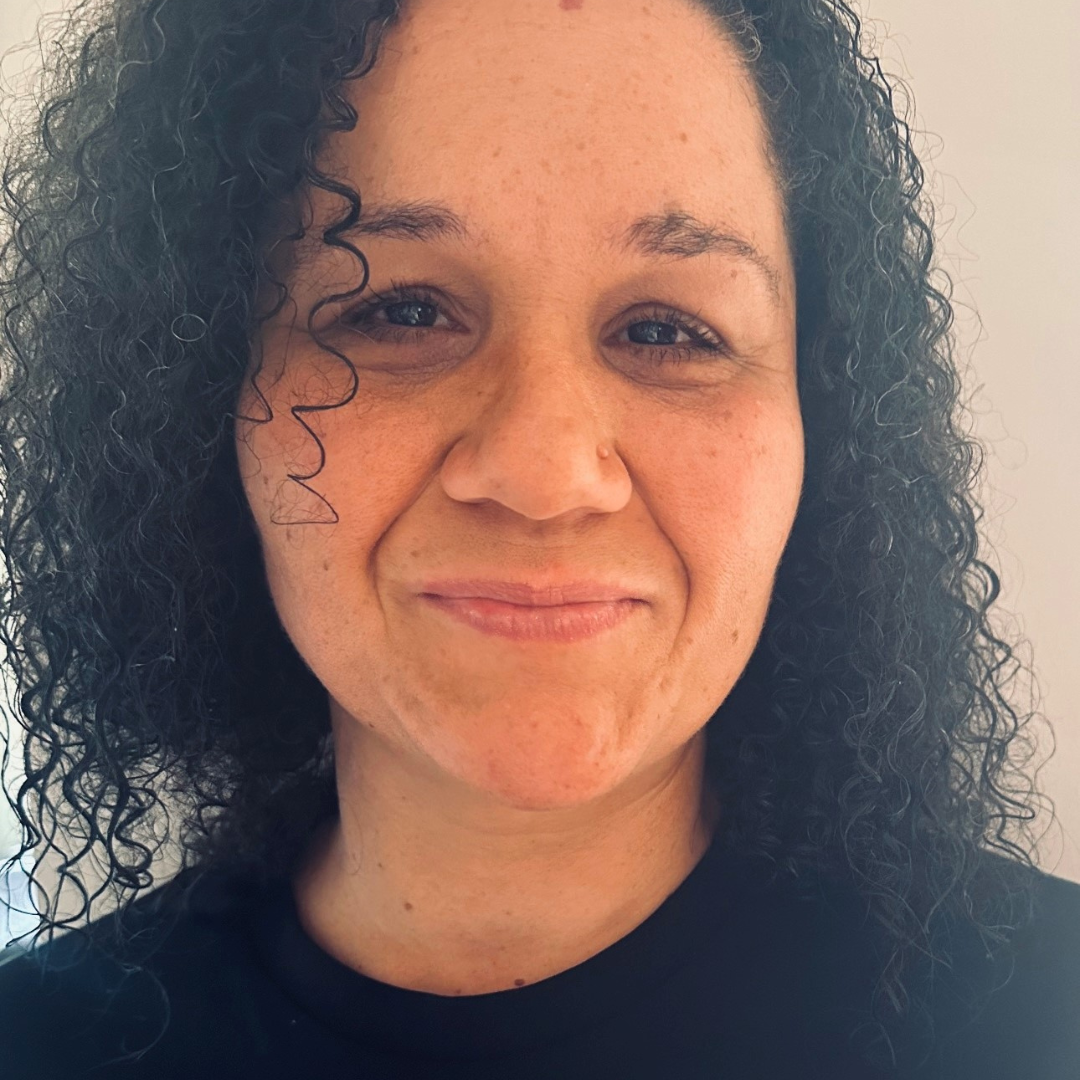


NNA Direct Support Service acknowledges the Traditional Owners of Country throughout Australia. We pay our respects to Elders past and present.
Copyright NNA Direct Support © 2022 Powered with 💜 by Shazamme
